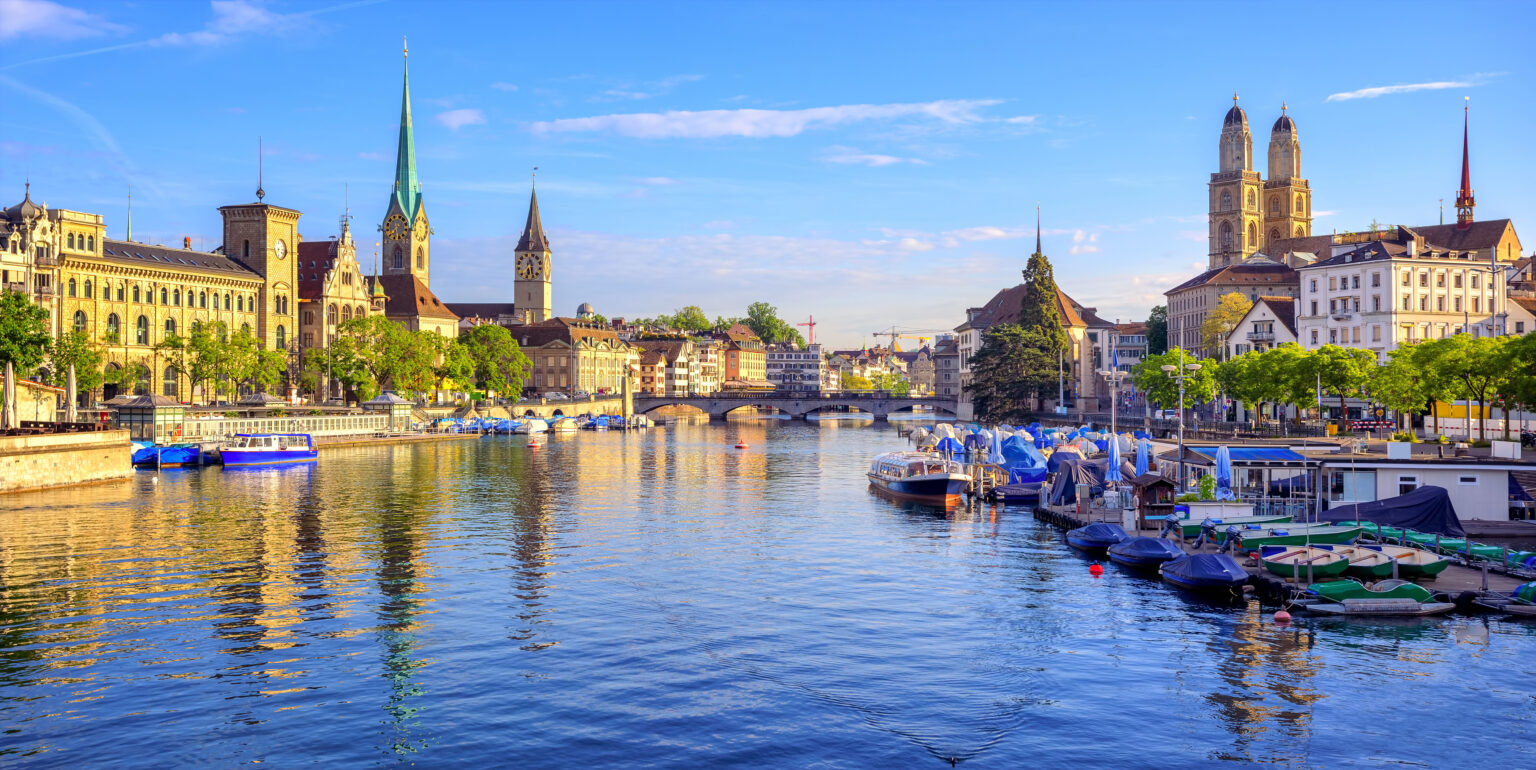At 8am this morning in the Gulf of Thailand, torrential monsoon rain was sheeting down when Jungian.Directory’s editor in chief Stephen Garratt strapped a 20kg suitcase to the back of his moped to drive 15km from his jungle home on the island of Koh Kood, to the rickety ferry pier that is the only connection to the mainland. Soaked to his socks he arrived at Bangkok International Airport 8 hours later. Sitting in the departure lounge waiting for his 1am flight to Zurich he worked with Buranee, in Stellenbosch South Africa, to prepare this newsletter for you.
This weekend Jungians from around the world will make their way to Zurich to gather for the XXIII International Congress of Analytical Psychology. Since its founding in Zurich in the 1950s, the International Association for Analytical Psychology (IAAP) has held triennial congresses that serve as milestones in the global development of Jungian thought. The very first congresses, held in Zurich and Montreux, established the tradition of gathering analytical psychologists from around the world to share research, clinical experience, and evolving perspectives. While Europe was home to most early congresses in cities like Paris, Florence, Berlin, Vienna, and Cambridge, the tradition steadily expanded, reflecting the IAAP’s mission to foster international dialogue. Themes over the decades have ranged from clinical practice and memory to the boundaries of experience, mirroring the changing landscape of analytical psychology. The 7th congress in Rome (1977), themed “Methods of Treatment in Analytical Psychology,” focused on core clinical techniques.
A turning point in the congress’s history came when it ventured beyond Europe’s borders. First to San Francisco in 1980 that marked the first North American gathering, highlighting the growing global reach of Jungian Analysis. Then the 11th Congress took place in Chicago, followed by the 16th in Cape Town in 2007. Congresses in Cape Town and Buenos Aires (2022)—the first to be held in Africa and South America, respectively—were milestone events. These gatherings embraced themes such as “Journeys, Encounters: Clinical, Communal, Cultural” and “Analytical Psychology Opening to the Changing World,” signaling both the deepening geographic reach and the IAAP’s commitment to cultural and social complexity within analytic work. In an open letter to the IAAP, The Latin American Committee of Analytical Psychology (CLAPA) has recommended more diverse locations like these, and hybrid congresses so that analysts who live in weaker economies than the Global North can more easily attend.
The congress’s first foray into East Asia came with the 2016 event in Kyoto, further cementing the IAAP’s dedication to genuine internationalism. Each congress is a reflection of its host city and the wider world, weaving together clinical, cultural, and creative themes. Now, as the association gathers once again in Zurich for the 23rd Congress—celebrating not just its history but also the 150th anniversary of C.G. Jung’s birth—participants join a truly global conversation.
As we look toward future congresses, perhaps the next gathering might find itself in even more unexpected locations, perhaps gathering on the beaches of Koh Kood itself.

